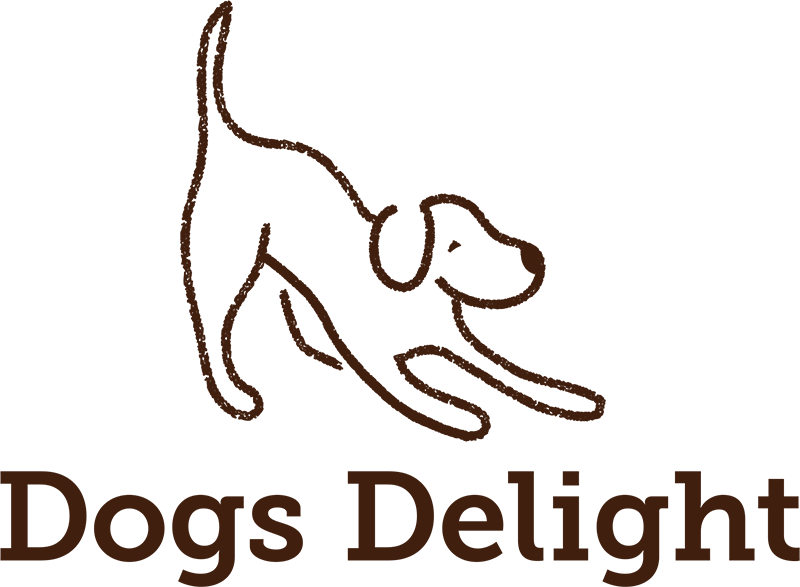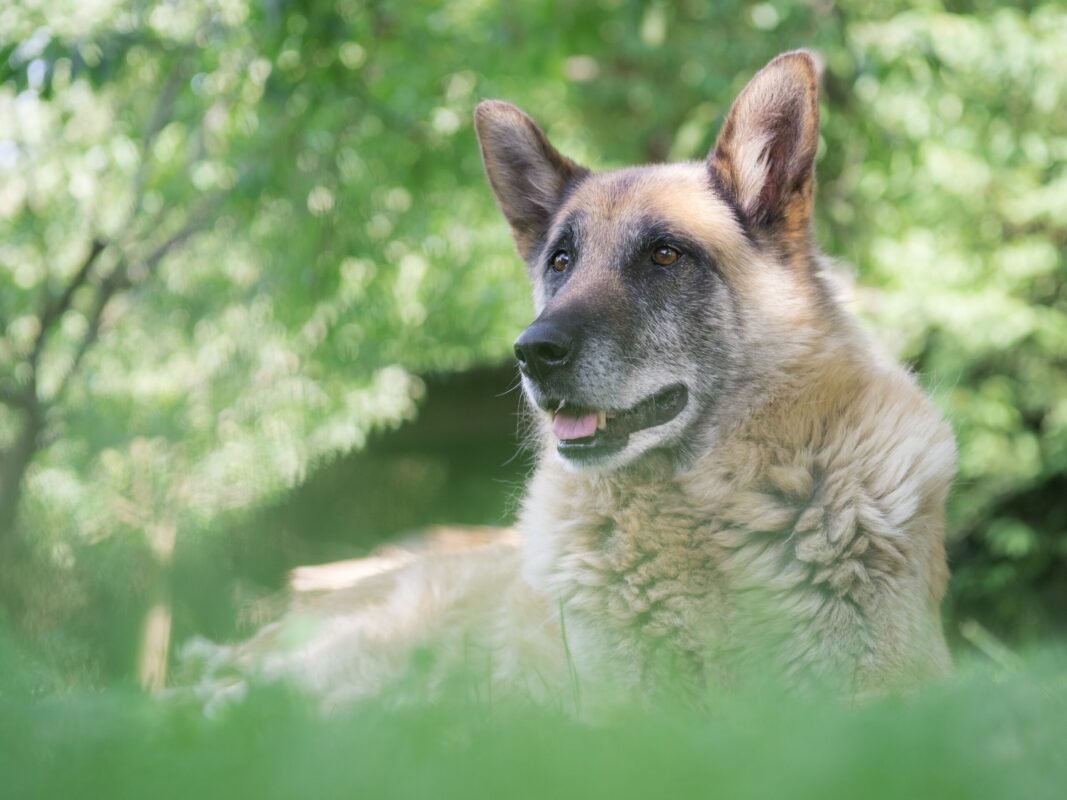
Join our Pack!
Sign up to receive our newsletter and receive 20% off your first online order.
An older dog in the family is an absolute pleasure. As cherished family members we want long and healthy lives for our dogs. What is exciting is that by meeting specific nutritional needs we may be able to extend their health and well-being beyond current limits.
How our Dogs Age
Dogs are ageing in parallel with the human population, with around 40% of dogs aged 7 years or more. Interestingly, dogs do not age consistently and chronological age does not always match physiological age. For example, in small breeds, a higher lifespan is expected than with larger breeds, especially the giant breeds. In large dogs, old age starts earlier compared to small breeds dogs of the same chronological age. Commonly, large breed dogs are classified as senior from the age of 5-8 years, small breed dogs from the age of about 10 years.
While few diseases are caused by diet (with the exception of obesity), many other diseases are diet-sensitive, meaning that diet can play a role in managing the condition. Examples of diet-sensitive conditions include chronic renal disease, diabetes mellitus, and arthritis. Other changes may impact on food intake and subsequent nutritional status such as gum disease, tooth loss, reduced appetite and food intake and changes in taste and smell. These are all important factors to consider when planning how best to support the nutritional needs of older dogs.




Our Senior Dog Food
As ageing is a slow process, it is not always obvious as to when the best time is to make changes to the diet and so regular monitoring and body condition scoring is essential. Once we decide the time is right to make changes the main objectives are to maintain health and optimal body weight, slow or prevent the development of chronic illness, and minimise or improve clinical signs of diseases that may already be present.
At present there are no specific recommendations for energy or nutrient requirements for older dogs so our senior dog food has been specially formulated with particular attention to how dogs age.